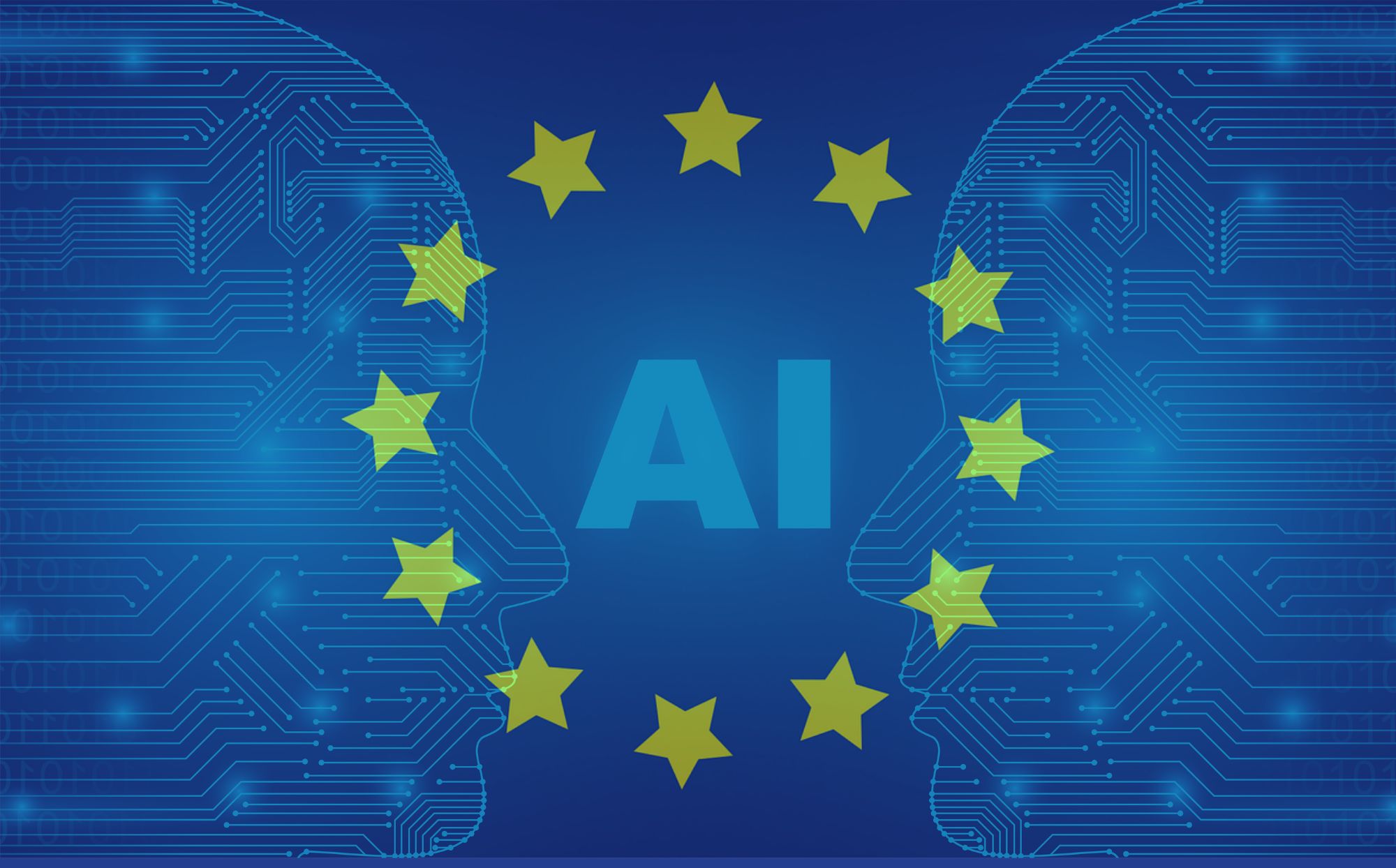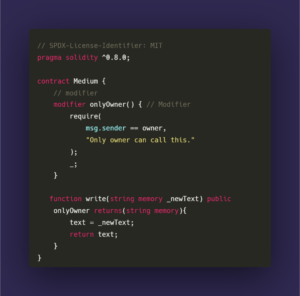
- The European Parliament and Council reached a provisional agreement on Artificial Intelligence regulations, covering issues like biometric surveillance and transparency rules.
- The agreement stresses the need to evaluate and address risks with significant AI models, perform adversarial testing, report incidents, ensure cybersecurity, and disclose energy efficiency.
- Fines for violations range from 7.5 to 35 million euros, underlining the EU’s commitment to responsible AI practices, with the agreed text awaiting formal adoption by the parliament and council.
The provisional agreement between the European Parliament and Council regarding the regulation of Artificial Intelligence (AI) is a significant milestone in the European Union’s efforts to establish a comprehensive legal framework for AI usage. This agreement covers diverse aspects of AI, from biometric surveillance to transparency rules, reflecting how the European Union is committed to harnessing AI’s potential while mitigating associated risks.
The agreement outlines regulations that AI models with significant impact and systemic risks must adhere to. These regulations include evaluating and addressing risks, adversarial testing for system resilience, reporting incidents to the European Commission, ensuring cybersecurity, and disclosing information on energy efficiency. The focus on risk evaluation and transparency is crucial for maintaining accountability in Artificial Intelligence systems.
Furthermore, the agreement delves into specific use cases, limiting the governmental use of real-time biometric surveillance to unavoidable circumstances, such as particular crimes or severe threats in public spaces. This targeted approach aims to balance security concerns and individual privacy rights. The prohibition of cognitive behavioral manipulation, scraping of facial images from various sources, social scoring, and biometric systems inferring personal details is a testament to the EU’s commitment to ethical Artificial Intelligence practices.
READ: The role played by Artificial Intelligence tools in cryptocurrency trading
One notable aspect of the agreement is the emphasis on consumer rights. Individuals have the right to file complaints and seek explanations for decisions made by AI systems that impact them. This provision aligns with the broader global movement toward ensuring transparency and accountability in automated decision-making processes.
The agreement establishes a framework for imposing fines based on the severity of violations and the company’s size. Penalties range from 7.5 million euros ($8.1 million) or 1.5% of turnover to 35 million euros ($37.7 million) or 7% of global turnover. This tiered approach recognizes the need for proportionate consequences, incentivizing companies to prioritize adherence to AI regulations.
European Commissioner for Internal Market Thierry Breton’s enthusiastic response on social media reflects the broader sentiment within the European Union regarding the significance of this agreement. His characterization of the agreement as a “launchpad for European Union startups and researchers to lead the global AI race” underscores the EU’s ambitions to be at the forefront of AI development while maintaining ethical standards.
The EU’s proactive approach to AI regulation will likely influence global conversations around responsible AI usage. As one of the first supranational entities to establish such comprehensive rules, the EU sets a precedent for other regions and countries. This could increase the harmonization of AI regulations globally, fostering a shared understanding of ethical AI principles.
RELATED: The EU Council approves the world’s first comprehensive crypto regulations
Challenges the European Union with AI regulations
While the agreement is a significant step forward, challenges remain in implementing and enforcing these regulations effectively. The dynamic nature of AI technology and the rapid pace of innovation necessitate ongoing revisions and adaptations to regulatory frameworks. Additionally, international cooperation will be crucial to address AI-related challenges that transcend national borders.
In conclusion, the provisional agreement on AI regulations in the European Union marks a historic moment in the evolution of AI governance. By addressing various facets of AI usage, from surveillance to transparency, the EU demonstrates its commitment to responsible AI development.
The focus on risk evaluation, consumer rights, and enforcement mechanisms reflects a holistic approach to ensuring the ethical deployment of AI technologies. As the European Union moves toward formally adopting these regulations, the global community will be closely watching, and the impact on the future of AI governance will undoubtedly be profound.
The EU’s initiative to establish AI regulations also underscores the need for international collaboration in setting AI standards. As AI technologies transcend geographical boundaries, a harmonized approach to regulation becomes increasingly crucial. The EU’s willingness to engage in dialogues and collaborations with other regions and countries can pave the way for the development of global standards. Such collaboration can lead to sharing best practices, establishing ethical norms, and creating an international framework that promotes responsible AI innovation.
Furthermore, the European Union will foster a supportive environment for startups and researchers align to maintain competitiveness in the global AI landscape. The EU seeks to attract talent and investments by prioritizing responsible AI practices by providing clear guidelines and ethical considerations. This approach positions the EU as a leader in ethical AI and sets the stage for a more inclusive and sustainable global AI ecosystem.
The success of the EU’s AI regulations will depend on legislative frameworks and collaboration between the public and private sectors. Governments, industry leaders, and civil society must work together to implement these regulations effectively.
Public awareness campaigns, industry training programs, and collaborative research initiatives can contribute to a shared understanding of AI’s societal impacts. This holistic approach recognizes that responsible AI deployment requires a concerted effort from all stakeholders and encourages a sense of shared responsibility for shaping the future of AI in a way that benefits humanity as a whole.
- SEO Powered Content & PR Distribution. Get Amplified Today.
- PlatoData.Network Vertical Generative Ai. Empower Yourself. Access Here.
- PlatoAiStream. Web3 Intelligence. Knowledge Amplified. Access Here.
- PlatoESG. Carbon, CleanTech, Energy, Environment, Solar, Waste Management. Access Here.
- PlatoHealth. Biotech and Clinical Trials Intelligence. Access Here.
- Source: https://web3africa.news/2023/12/14/news/european-union-ai-regulations/
- :is
- 1
- 35%
- 7
- a
- accountability
- Adaptations
- Additionally
- address
- addressing
- adhere
- adherence
- Adopting
- Adoption
- adversarial
- agreed
- Agreement
- AI
- AI governance
- AI models
- AI systems
- aims
- align
- Aligns
- All
- also
- ambitions
- an
- and
- approach
- around
- artificial
- artificial intelligence
- Artificial intelligence (AI)
- AS
- aspect
- aspects
- associated
- At
- attract
- Automated
- awaiting
- awareness
- Balance
- based
- BE
- becomes
- benefits
- BEST
- best practices
- between
- biometric
- borders
- boundaries
- broader
- by
- Campaigns
- CAN
- cases
- challenges
- circumstances
- civil
- clear
- closely
- cognitive
- collaboration
- collaborations
- collaborative
- commission
- commissioner
- commitment
- committed
- community
- Companies
- Company’s
- competitiveness
- complaints
- comprehensive
- Concerns
- concerted
- conclusion
- Consequences
- considerations
- consumer
- Consumer Rights
- contribute
- conversations
- cooperation
- could
- Council
- countries
- covering
- Covers
- Creating
- Crimes
- crucial
- crypto
- cryptocurrency
- Cybersecurity
- Decision Making
- decisions
- demonstrates
- depend
- deployment
- details
- Development
- Disclose
- Disclosing
- diverse
- dynamic
- ecosystem
- effectively
- efficiency
- effort
- efforts
- emphasis
- encourages
- energy
- enforcement
- enforcing
- engage
- ensure
- ensuring
- enthusiastic
- entities
- Environment
- establish
- establishes
- establishing
- ethical
- EU
- European
- european commission
- European Parliament
- european union
- Euros
- evaluate
- evaluating
- evaluation
- evolution
- facets
- facial
- File
- fines
- First
- Focus
- For
- For Startups
- forefront
- formal
- Formally
- Forward
- Foster
- fostering
- Framework
- frameworks
- from
- future
- geographical
- Global
- Globally
- governance
- governmental
- Governments
- guidelines
- Harnessing
- Have
- his
- historic
- holistic
- How
- HTTPS
- Humanity
- images
- Impact
- Impacts
- implement
- implementing
- imposing
- in
- incentivizing
- include
- Inclusive
- Increase
- increasingly
- individual
- individuals
- industry
- influence
- information
- Initiative
- initiatives
- Innovation
- Intelligence
- internal
- International
- into
- Investments
- issues
- ITS
- jpg
- landscape
- lead
- leader
- leaders
- Legal
- legal framework
- Legislative
- like
- likely
- limiting
- made
- maintain
- Maintaining
- Manipulation
- mechanisms
- Media
- milestone
- million
- mitigating
- models
- moment
- more
- movement
- moves
- must
- National
- Nature
- navigating
- Need
- norms
- notable
- of
- on
- ONE
- ongoing
- or
- Other
- outlines
- Pace
- parliament
- particular
- pave
- Perform
- personal
- Pioneering
- plato
- Plato Data Intelligence
- PlatoData
- played
- positions
- potential
- practices
- Precedent
- principles
- Prioritize
- prioritizing
- privacy
- private
- Proactive
- processes
- profound
- Programs
- Prohibition
- promotes
- providing
- provision
- provisional
- public
- range
- rapid
- reached
- real-time
- recognizes
- reflecting
- reflects
- regarding
- regions
- Regulation
- regulations
- regulatory
- remain
- report
- Reporting
- requires
- research
- researchers
- resilience
- responsibility
- responsible
- revisions
- right
- rights
- Risk
- risks
- Role
- rules
- s
- scoring
- Sectors
- security
- Seek
- Seeks
- sense
- sentiment
- Sets
- setting
- severe
- shaping
- shared
- sharing
- significance
- significant
- Size
- Social
- social media
- societal
- Society
- Sources
- spaces
- specific
- Stage
- stakeholders
- standards
- Startups
- Step
- success
- such
- supportive
- surveillance
- sustainable
- system
- systemic
- Systems
- Talent
- targeted
- Technologies
- Technology
- terrain
- testament
- Testing
- text
- that
- The
- The Future
- Them
- These
- this
- threats
- to
- together
- tools
- toward
- Training
- Transparency
- true
- turnover
- unavoidable
- underscores
- understanding
- undoubtedly
- union
- Usage
- use
- various
- Violations
- watching
- Way..
- while
- whole
- will
- Willingness
- with
- within
- Work
- work together
- world’s
- zephyrnet













